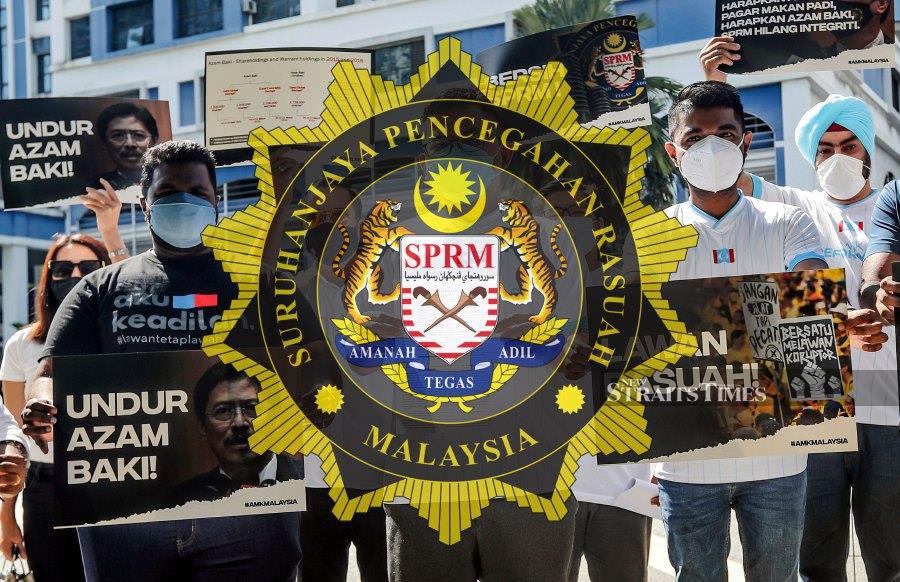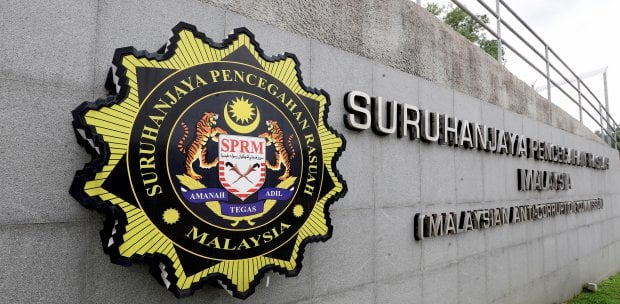ONE of the perils of being accused of wrongdoing is that even if one is found not guilty, one still doesn't come out of the experience completely clean, for accusations, in themselves, do tarnish.
Which is why it is fundamental that any investigating authority does its job thoroughly and is seen to have done a thorough job of it, so that if it finds that an accused person has no case to answer for, it can make public all its findings and provide proof to support its conclusion. And, in that way, the public or any interested party can be convinced of the findings, and justice is done both to the public as well as to the accused person.
As a national body that investigates allegations of corruption, the Malaysian Anti-Corruption Commission (MACC) should be well-versed in such procedures. Not all cases that it investigates will result in prosecution.
Thus, when it releases any person from scrutiny, it must do so mindful of its responsibility to provide a complete and transparent explanation that there is no evidence to support the allegations.
Malaysians are generally a sceptical lot, and perceptions of systemic corruption do not help in reassuring them that when an investigating authority says it has cleared someone of wrongdoing, that that is indeed the case.
Of course, there will always be those who are willing to believe the worst in things, but, if a matter is handled correctly, it will provide fair-minded Malaysians with sufficient assurance to give an accused person the benefit of the doubt.
Unfortunately, this has not been the case this week in the matter of the MACC's head, Tan Sri Azam Baki, with regards to certain stockbroking allegations. And now, not only is Azam's reputation tarnished, but in its handling of the matter, the MACC's reputation is tarnished, too.
The MACC Advisory Board's press conference on Wednesday and its conclusion that it accepted Azam's explanation gave no definitive answers to anyone. Rather than clear up the matter, it only raised more questions, including some that the Securities Commission plans to put to Azam.
That it was a body within the MACC itself that did the investigation into its head throws up many ethical problems. And it did not help when Azam said he was answerable only to the advisory board.
Azam fails to understand that he is not a private individual, and in matters of integrity, his conduct is of public concern. The public may not be holding its breath as to the purity of its elected leaders, but when it comes to the guardians of this country's integrity, they expect nothing less than being absolutely clean. And being clean is multifaceted.
An important part of the fight against corruption is perception. And in this case, in communications parlance, the optics were dreadful. That the MACC took so long to settle this matter and that it appears to be so blasé about it has created a serious crisis of confidence.
If we cannot trust the MACC, who can we trust? Quos custodiet ipsos custodes? (Who will guard the guardians themselves?) This matter needs to be reviewed by an independent party, and its findings presented to the public with transparency, so that justice will be done and be seen to be done.





